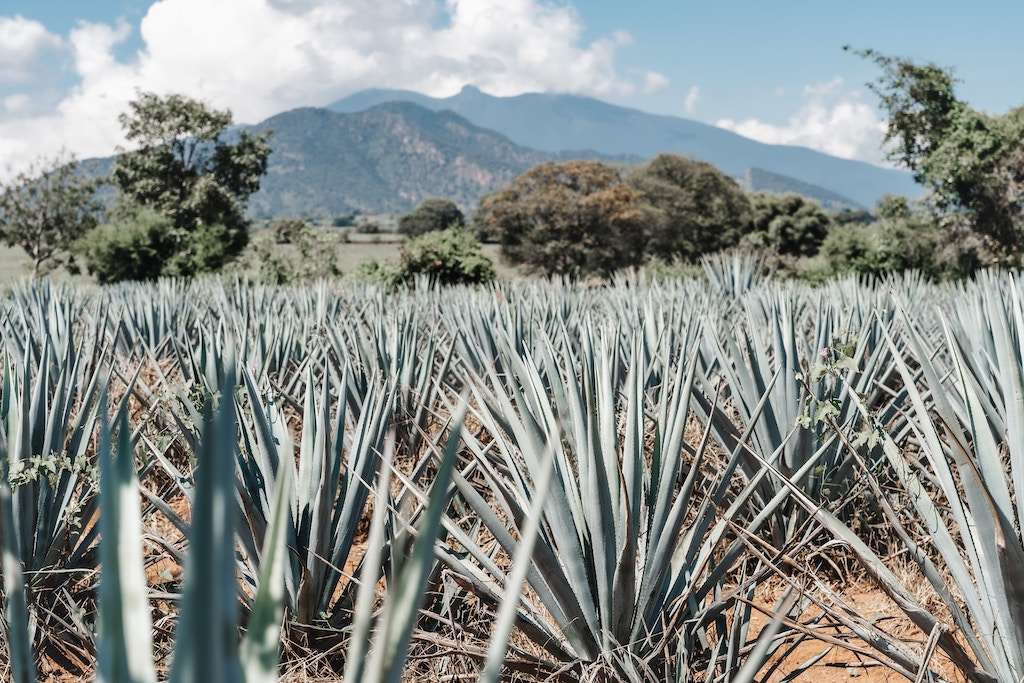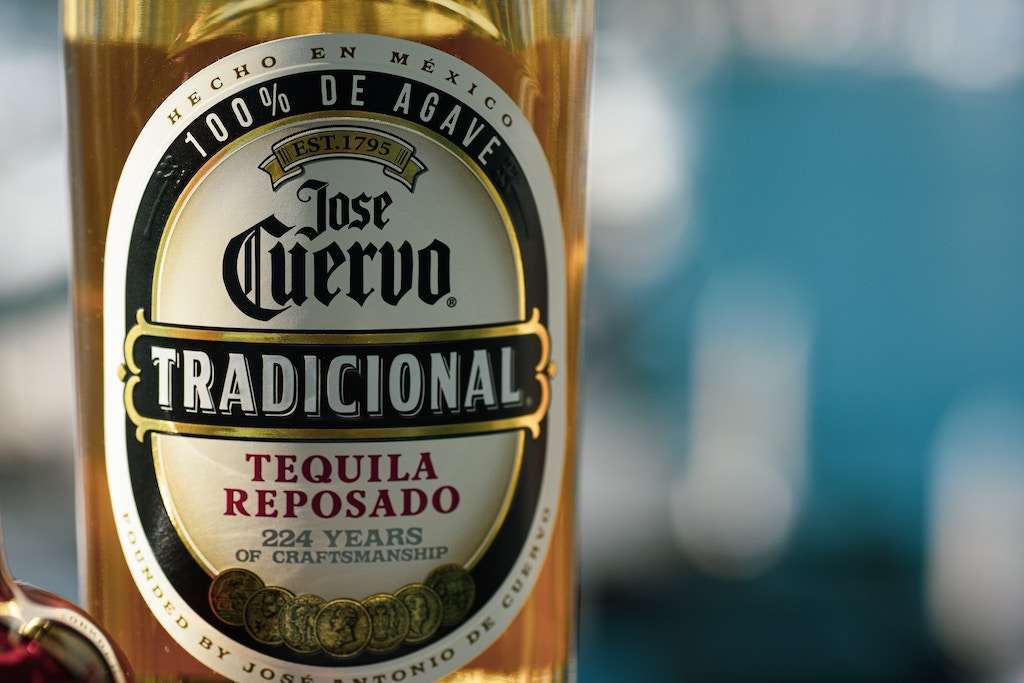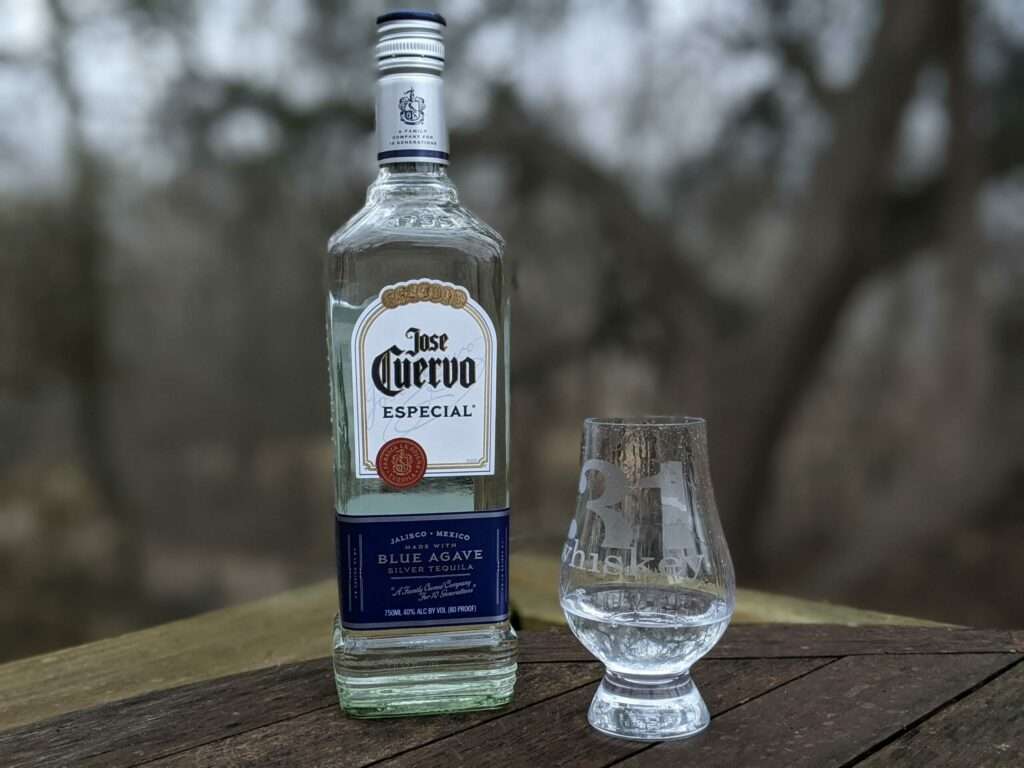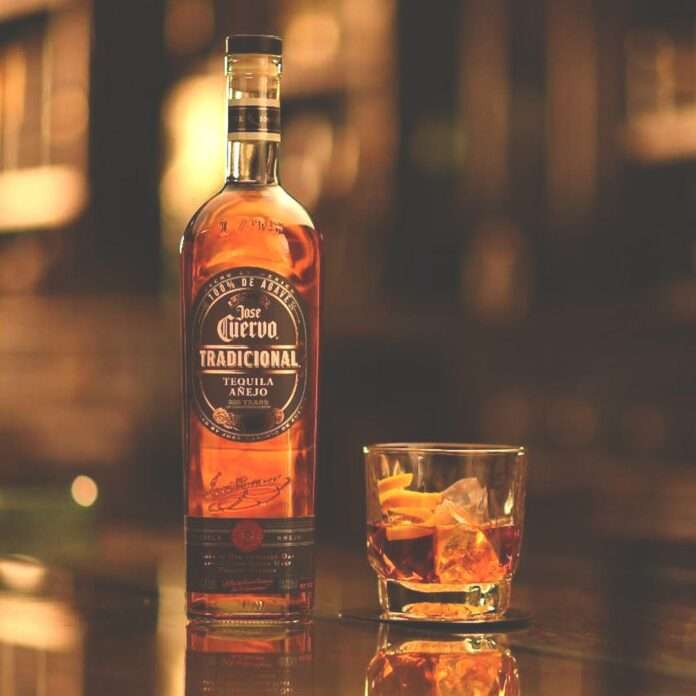Jose Cuervo, the world’s leading tequila producer, has announced a partnership with Arma Services and SURECO & Partners to develop a carbon credit certification methodology for agave plants — the key ingredient in tequila.
No other alcohol category is as on-trend as agave spirits right now. From tequila to mezcal to bacanora, consumers are hot for the juice of the high desert. But for tequila giant Jose Cuervo, the focus is all about cool — cooling the planet, that is. Cuervo is about to become a leader in carbon credits.
The partnership will see agave plantations become certified as carbon sinks, offering verified carbon credits.
Tequila has a large carbon footprint, which comes mainly by way of production, shipping, and weight. But despite it, the feedstock (raw materials) — the hardy agave plant — has the lowest CO2 footprint of any feedstock in the spirits industry.
Certified carbon sinks
According to Carbon Credits, agave is to drier regions of the world what bamboo is to the wetter parts. “Agaves are naturally adapted succulents and deep-rooted trees that are resistant to drought and rising temperatures.” Agaves don’t need irrigation or any chemical inputs to survive and the plants can grow in desert environments unsuitable for other types of crops.
Through responsible agave planting these carbon sinks can store around 30 to 60 tons of CO2 per hectare (10,000 sq.m.) — a significant amount of carbon.
But some experts say agave-based agroforestry has the potential to store even more than that — more than 73 tons per hectare over a ten-year period. That means 2.2 million hectares (5.4 million acres) of agave planted in Mexico is enough to sequester 100 percent of the country’s emissions produced in a year. Mexico is the 13th largest emissions-producing country, accounting for more than 1.23 percent of all global emissions — a number that’s only expected to rise in the next decade.

Jose Cuervo says its collaboration with Arma Services and SURECO & Partners will change the tequila industry’s sustainability and green efforts. Arma is working to develop carbon offset projects through the forestry, agriculture, and technology sectors.
SURECO & Partners’ CEO Jessica Jacob says the partnership marks a “pivotal moment” in the tequila industry’s journey towards greater sustainability. “By creating a carbon credit certification methodology for agave, we can encourage the adoption of sustainable practices and actively participate in the fight against climate change,” she says.
The partnership will see climate financing advisors from RBA Banca de Inversión and RBA Sostenibilidad help to establish a carbon credit methodology for tequila’s agave. It will also fund research projects and create financing for the voluntary carbon market.
Jose Cuervo owns the largest holdings of agave in the world; it grows nearly 45 million agave plants on close to 25,000 hectares through more than 2,000 contractual arrangements with independent farmers across Jalisco, Mexico. Turning those agave farms into certified carbon sinks could help to store nearly 2 million tons of CO2.
A 2018 study found that producing alcoholic beverages emits about 0.73 to 2.38 kg CO2 equivalent per liter on average, with tequila emitting about 3 kg CO2e/L, including transportation emissions of 0.5 kg CO2e/L. Wine clocks in at 2.38 kg CO2e/L, other spirits at 2.07 kg CO2e /L, and beer ranks lowest, at 0.73-0.81 kg CO2e/L.

Companies are stepping up their efforts in a number of ways, especially in the agave spirits sector. Just last month, Kendall Jenner’s 818 Tequila announced it had achieved B Corp status as it continues to support sustainability initiatives like S.A.C.R.E.D.
Dos Hombres, the mezcal company co-founded by Breaking Bad stars Bryan Cranston and Aaron Paul, has put tremendous effort into supporting sustainable agave harvesting and production.
El Cristiano, Ilegal, Tanteo, and Eva Longoria’s Del Sol are all also preserving Mexican culture and working to make the industry more sustainable.
It’s not just the agave spirits producers that are looking to reduce their impact, though.
France is working to bring sustainability to the wine capital of the world; LVMH announced a major research center to help its Moët Hennessy division reduce its climate impact. Legacy whiskey makers like The Macallan and Maker’s Mark have also stepped up efforts.
Alcohol category newcomers are also working to reduce their emissions. Manchester-based spirits distributor, Ten Locks, recently announced the release of its own vodka brand, Pod Pea Vodka. And, yes, it’s made with 100 percent British peas.

Peas are a sustainable sub-in for a number of foods, making snacks, milk, cheese, and meat that are more sustainable than the conventional options. Chilean startup NotCo has leveraged pea protein across a range of products from mayonnaise and milk to a joint effort with Kraft Heinz to help the food giant decrease its carbon footprint. But alcohol is a new market for the ingredient.
“Peas are an incredibly sustainable crop,” Becky Davies, head of commercial at Ten Locks, said in a statement. “They ‘fix’ nitrogen into the soil they grow in, which reduces the need for nitrogen-rich fertilisers, and present a much lower cost in terms of greenhouse gas emissions.”
But according to online alcohol seller Drizly, it’s tequila that is the category to watch. It makes up 20 percent of the spirits market, just behind whiskey and vodka. The global tequila market size was valued at nearly $10 billion in 2021 and is projected to grow at a nearly six percent CAGR from $10.43 billion in 2022 to $15.57 billion by 2029.
And as the category leader, Cuervo takes its responsibility seriously. In 2019, it spearheaded the Agave Project — a circular economy effort focused on repurposing agave left over from tequila production. It also launched The House that Tequila Made – a housing project building homes made using 100 percent sustainable materials, including repurposed agave byproducts from the José Cuervo distillery.

“The past, present, and future of Jose Cuervo is tied directly to the agave plant – without it, we would not exist,” Alex Coronado, Master Distiller and Head of Operations at Jose Cuervo said in 2019, when the company launched biodegradable straws made from agave.
“As the tequila industry worldwide booms, it is our company’s responsibility as the leader to take care of the agave plant and ensure that we are producing tequila sustainably. It takes an average of six years to grow an agave plant before it is mature enough to harvest for tequila production, and we have to be committed to finding more ways to use the agave fibers once that process is complete,” he said.
“We realize that people around the globe still don’t know the full extent of agave’s potential applications beyond tequila,” Coronado said. “With 11 generations of expertise in working with this succulent plant, we have the unique opportunity to educate the world on the viability of agave fiber as a sustainable alternative to other materials.”
Related on Ethos:


